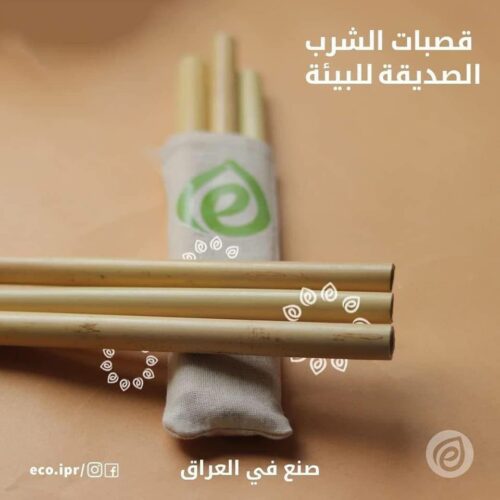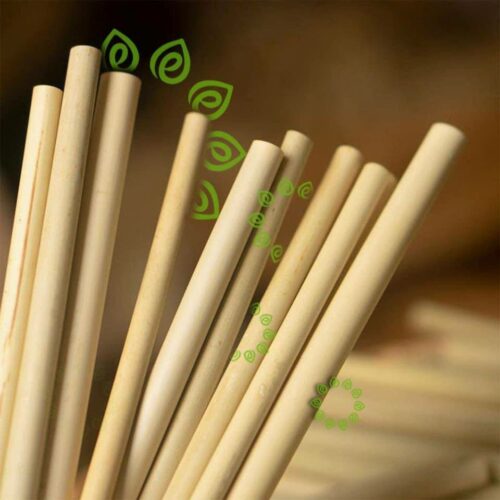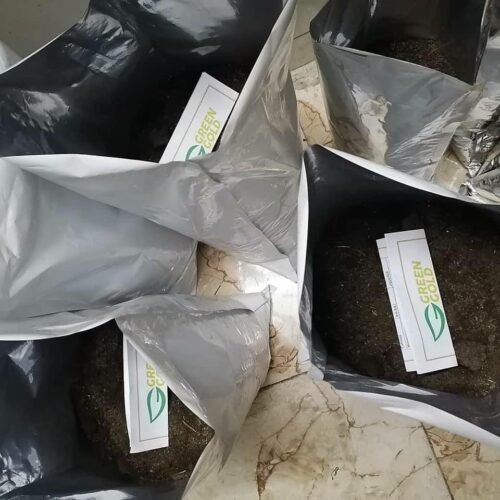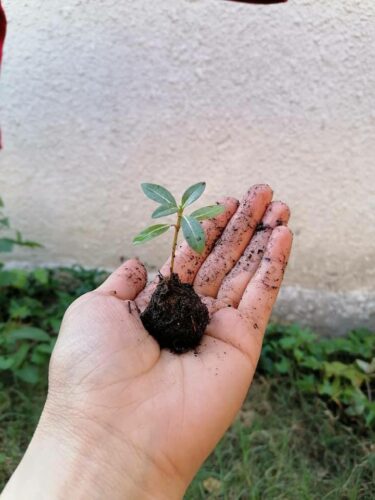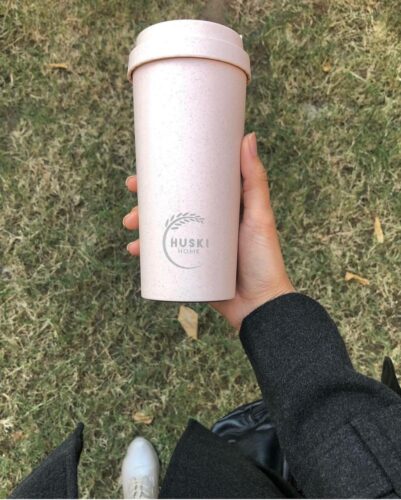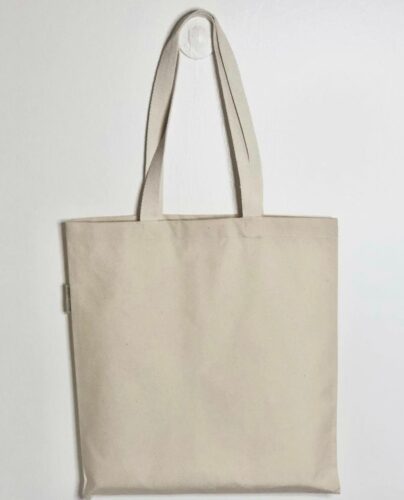3 Green Initiatives in Iraq Tackling Climate Change
Iraq has been described as “one of the Arab region’s most vulnerable countries to climate change“. Environmental pollution caused by gas flaring and depleted uranium is one of the many contributing factors towards pollution. The implications of this are widespread – affecting generations through cancerous diseases or birth defects of newborns. The official statistics issued by the Cancer Council in Iraq show an increase in the number of cancer cases in Iraq reaching 67.4% in 2016. Water scarcity, high soil salinity, and climate variability are also areas of concern. This makes Iraq in need of innovative environmental solutions that address pollution and climate change issues.
Many entrepreneurs in Iraq are launching businesses and initiatives to tackle the wider pollution and climate issues in the country. Social innovation and green entrepreneurship has been largely encouraged by non-profit organisations such as CEWAS’ Wastepreneur incubator, Science Camp’s in-house plastic recycling machines, and events such as the Iraq Innovation Hackathon.
Green Entrepreneurship

Environmental issues are now more than ever at the forefront of political and economic agendas around the world. Green entrepreneurship is being adopted among new and existing businesses to create sustainable activities that respect the environment. For example, Coca Cola aims to make 100% of their packaging globally recyclable by 2025.
The potential for green entrepreneurship in Iraq is vast given the ample opportunities to tackle climate and pollution issues across the country. The COVID-19 pandemic has also demonstrated the urgent need to change current lifestyles and rethink Iraq’s dependency on oil.
3 Green Initiatives in Iraq We Love
In Iraq, poor control over natural resources such as water and soil limits the ability to produce sustainable solutions. However, these green projects are working to address the scarcity of natural resources and change day-to-day community behaviours with their solutions.
1. ECO. IPR

Eco IPR launched in 2019 after winning the Iraq Innovation Hackathon in Baghdad. The startup encourages recycling and minimising waste by reducing the daily use of plastic and replacing plastic with sustainable products. The Eco store provides environmentally-friendly products made from sustainable materials to spread the culture of sustainability and raise awareness.
It is known that pollution in Iraq is due to the presence of plastic everywhere. But there is another type of pollution, which is chemical pollution, that is found in personal care products and cleaning products. Unfortunately, we cannot feel this pollution until it seeps into the aquatic life, so in the Eco store we provide environmentally friendly products that are free from plastic and chemicals and can be recycled.
Abdulrahman Kareem, Founder of IPR ECO
Eco provides plastic-free products such as cotton, wood, paper and glass including their unique drinking straws made of cane from marshlands in Diyala. The startup not only thrives to protect the environment but also uses Iraqi resources to promote products made in Iraq.
For every customer’s order, Eco plants a tree to further encourage collective responsibility among consumers and contribute to reducing pollution.
2. Green Gold

Green Gold is a youth project launched by Marwa Al-Naimi, an engineer, environmental activist and sustainable ambassador for the Baghdad Renewable Energy Center. Her project aims to minimise organic waste by recycling and converting it into organic fertilisers. The fertiliser is competitively priced with imported fertilisers and is of high quality.
It is the first project that produces seedpods called ‘GG Balls’ to raise awareness about the importance of agriculture, increase green spaces, and focus on the community’s impact on reducing pollution.
I’m optimistic about the future of environmental entrepreneurship in Iraq due to recent awareness-raising among people, and their orientation towards creating a green environment.
Marwa Al-Naimi, Founder of Green Gold
3. Ecopotamia
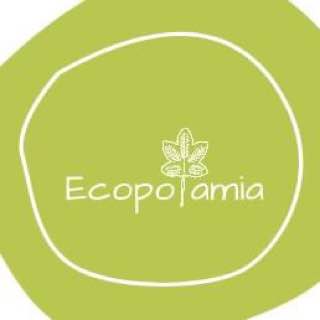
The Ecopotamia store originated from the idea that the production of items requires a lot of energy and natural resources that end up in landfills. Most items do not disintegrate and are not recyclable so end up piling up on land and eventually getting burned. This causes environmental pollution, which affects the planet and people’s health.
Ecopotamia believes the solution to reduce waste is not to create it in the first place. The store provides environmentally-friendly, sustainable, non-toxic products and plastic alternatives for personal use. Products include bamboo toothbrushes, reusable cups made of recycled rice husks, and reusable tote bags made of organic cotton.
‘’The environment entrepreneurial ecosystem in Iraq is not developed yet. The poor legal infrastructure, the burdens and lengthy processes to establish new businesses, the limited access to capital through banks, traditional investors and even Angel Investors, the lack of environment-oriented incubators, and the low tolerance for failure make it difficult for any independent entrepreneur to start a business in the sector. Furthermore, there is a widespread lack of awareness regarding available technologies among the government authorities and the private sector. I can consider those who already started their environmental business solutions despite all the obstacles as heroes!’’
Nashwan Dhahir, Country Manager of CEWAS Iraq
Steps Towards a Sustainable Iraq
Iraqi president, Barham Salih, announced last year that the government plans to enter a new era by joining the Paris Climate Agreement. In January 2021, Salih approved Iraq’s accession to the Paris Agreement. Though this marks a huge step forward, it remains to be seen what steps the government will take on a policy level.
Today, green entrepreneurship in Iraq is a new and developing sector. Generating more awareness of environmental issues will support the transition to a greener lifestyle. However, challenging current societal behaviours will be the most difficult thing to do. The sector provides ample opportunity in renewable energies, sustainable water management, waste valuation and environmental construction, but educating local stakeholders and partners will require dedication and persistence; especially among younger entrepreneurs.
What do you think about the future of green entrepreneurship in Iraq? Share your opinion with us and comment below!


